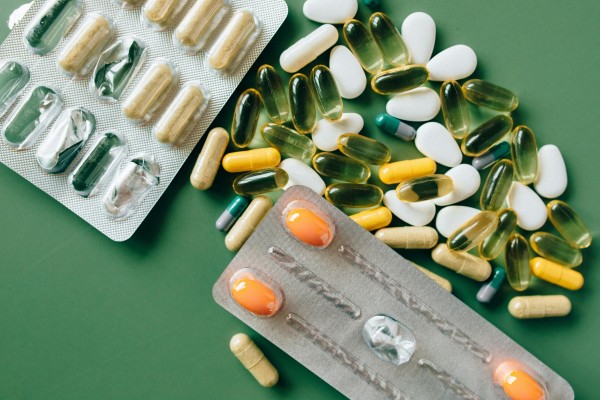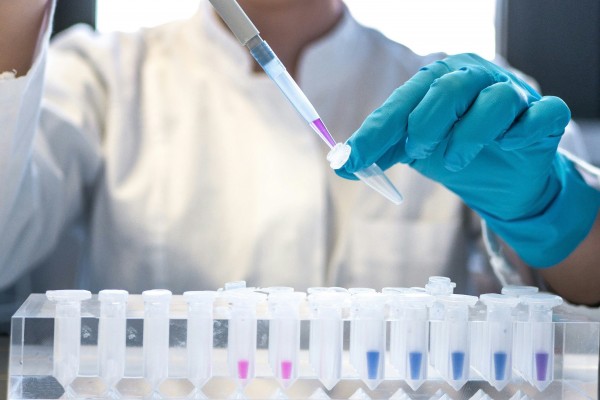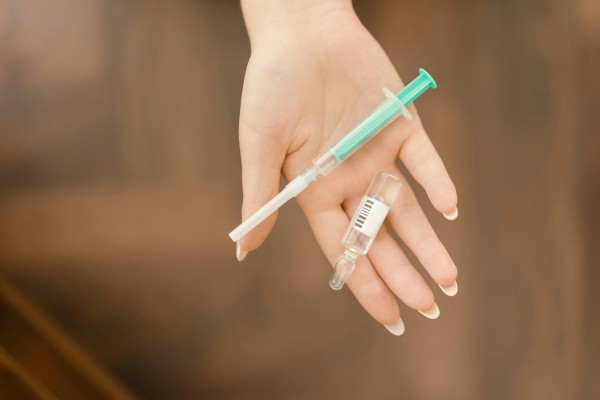The 7th CUTS-CIRC Biennial Competition Regulation and Development Conference took place on the 16th of November. The idea for 2021 biennial series was conceived in the backdrop of concerns faced by developing countries with respect to frequent regulatory failures that undermine the capacity to achieve policies important for citizens and consumers. Such failures are due to persistent and common patterns of over-regulation, under-regulation, poorly designed regulation and implementation as well as weak institutional capacities.
Alexey Ivanov, Director of the BRICS Competition Law and Policy Centre, gave a speech during the second session dedicated to Equitable Access to COVID-19 Healthcare. The second session was moderated by Mohan Kumar, Chairman, Research and Information System for Developing Countries (RIS). Ellen 't Hoen, Lawyer and Public Health Advocate, Bernard Hoekman, Professor and Director, European University Institute, Hardin Ratshisusu, Deputy Commissioner, Competition Commission South Africa, also participated in the session.
The speakers discussed equitable access to COVID-19 vaccines, new export controls related to vaccines and relevant drugs, the concept of “Vaccine Nationalism”. The session was also focused on “Intellectual Property” (IP) and Access to Health’ debate that was fuelled by the India-South Africa’s proposal in the WTO for temporary waiver of IP protections under TRIPs for the prevention, containment or treatment of COVID-19.
In the beginning of the session Mohan Kumar, Chairman of the Research and Information System for Developing Countries (RIS), stated that the concept of public health has changed and now it is not only about getting vaccines but also about health infrastructure.
Alexey Ivanov, Director of BRICS Competition Law and Policy Centre, presented his opinion on the current situation. Alexey mentioned that now we have a huge gap in the redistribution of the vaccines. India and South Africa tried to introduce the number of global initiatives, including a proposal to temporarily waive patent rights for COVID-19 vaccines and treatments, but the process faced an opposition from the European Union and halted. Other initiatives, for example COVAX, were not fully implemented due to geopolitical tensions.
Moreover, Alexey pointed out that vaccine production is not an issue. Developing countries have enough capacity to produce vaccines. The flaws rather exist in the current system of vaccine distribution.
“First of all, vaccine race is a political game, and governmental authorities all around the world open up their national markets only to already dominant pharmaceutical producers. Secondly, Intellectual Property Rights became a significant obstacle for development. Last but not least, now we are noticing the extreme fragmentation of competition policy. All these aspects make it difficult to tackle the problem of vaccine nationalism”.
Alexey presented the case from Russian recent legal practice. In April 2021 Russia adopted the Bill on Compulsory Licensing for Public Health. The new law was covering the healthcare crisis. The conditions included timely notification of patentholder and equitable compensation paid by the license. International biopharmaceutical company Gilead excluded Russia from its “Remdesivir” voluntary licensing program. In response Russian government issued a compulsory license for “Remdesivir” based on national security grounds. The company appealed the license to Russia’s Supreme Court, and later recalled the approval of the original drug.
In conclusion to his speech, Alexey stated that cooperative competition may be a viable alternative to adversarial approaches. Moreover, without competition in pharma sector the pandemic may evolve from an economic threat to an existential one.
Ellen ‘t Hoen, Lawyer and Public Health Advocate, highlighted the importance of vaccination and mentioned that it is the surest way out of the crisis. Ellen proposed to build cooperation on the basis of WTO, WHO and World Intellectual Property Organization. “No one is safe until we are all safe. In the early days there was a spirit of cooperation. The first vaccines went out 9 months after the pandemic. However, now we are facing the vaccine nationalism by high-income countries, and multinational collaboration has significantly declined”, – Ellen commented.
Bernard Hoekman, Professor and Director of the European University Institute, agreed with the ideas presented by Alexey Ivanov and Ellen ‘t Hoen. He pointed out that we should think much more about the real-life incentives and not only about ineffective written agreements. “The public sector should work with the private sector to realize how to work jointly”, – Bernard noted.
Hardin Ratshisusu, Deputy Commissioner of the Competition Commission of South Africa, in his speech addressed the emergence of new digital and pharma monopolies. He mentioned the point on TRIPS and its effectiveness posed by Alexey Ivanov.
Alexey answered questions from other participants in the session regarding competition mechanisms on the global scale. “Addressing what Ellen was asking – we need more cooperation, ecology or ecosystem of regulation, different elements of the puzzle put together. Freedom of trade, IP protection and protection of competition are missing on the global scale. We need competitions that would be responsible for public good”, – Alexey concluded.




